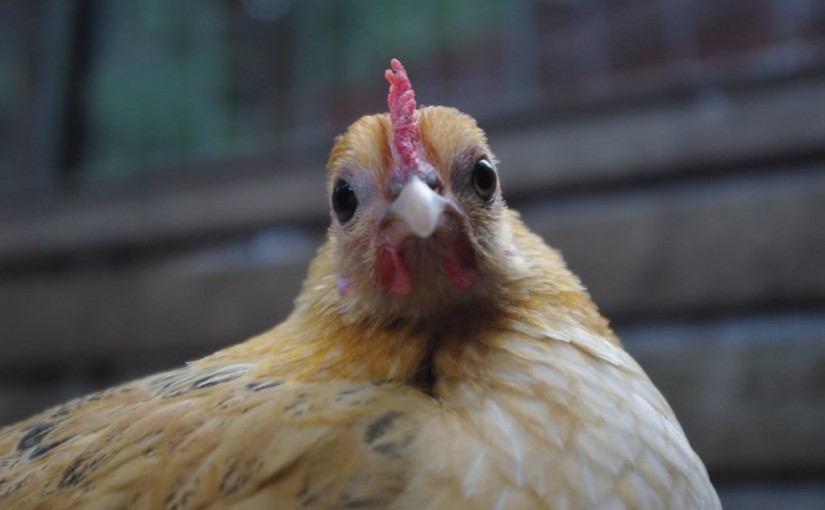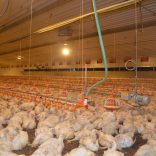Mozambique: Cashew sector growth transforming community livelihoods, says Agriculture Ministry
More on chickens? Mozambicans don’t need chickens – Hanlon to Gates

File photo
In the previous newsletter I noted Bill Gates’ plan to give chickens to Africans. This triggered a discussion with Ed Wethli, who worked with chickens in Mozambique. Gates argues that if a family is given five hens, it can earn $1000 a year producing chickens. Only 2% of Mozambican farmers earn that much.
Mozambicans don’t need chickens. Most family have chickens already, and the “7 million” rural development fund has been widely – and largely unsuccessfully – used to try to produce them commercially. Larger flocks for commercial production increase disease and other problems. What Mozambicans need are markets and technical assistance and support.
Wethli argues that simple management interventions and improved husbandry could considerably improve the production levels of these chickens. These include vaccinating against Newcastle Disease (also part of the Gates package), improved housing, reducing chick mortality, internal and external parasite control and selective breeding. “What is needed is for village farmers to be transformed from passive to active chicken producers using basic chicken management knowledge and skills,” he writes. Even so, it would be hard for farmers of village chickens to earn more than $100 per year – one tenth of what Gates suggests.
Nevertheless, he confirms that “village chickens are the true ‘free-range’ chickens in that they wander around wherever they like with no boundaries, often roosting in trees at night. They find most of their own feed, are good at hatching and mothering young chicks and they have the ability to survive under harsh conditions. Although overall production of meat and eggs is low compared to intensive poultry, the village chicken costs the farmer almost nothing.” In contrast, in commercial chickens, the broodiness trait has been bred out.
So there seem two ways forward to using chickens to raise local incomes – technical support to increase the productivity of village chickens, or outgrower schemes for more intensively reared chickens.












Leave a Reply
Be the First to Comment!
You must be logged in to post a comment.
You must be logged in to post a comment.